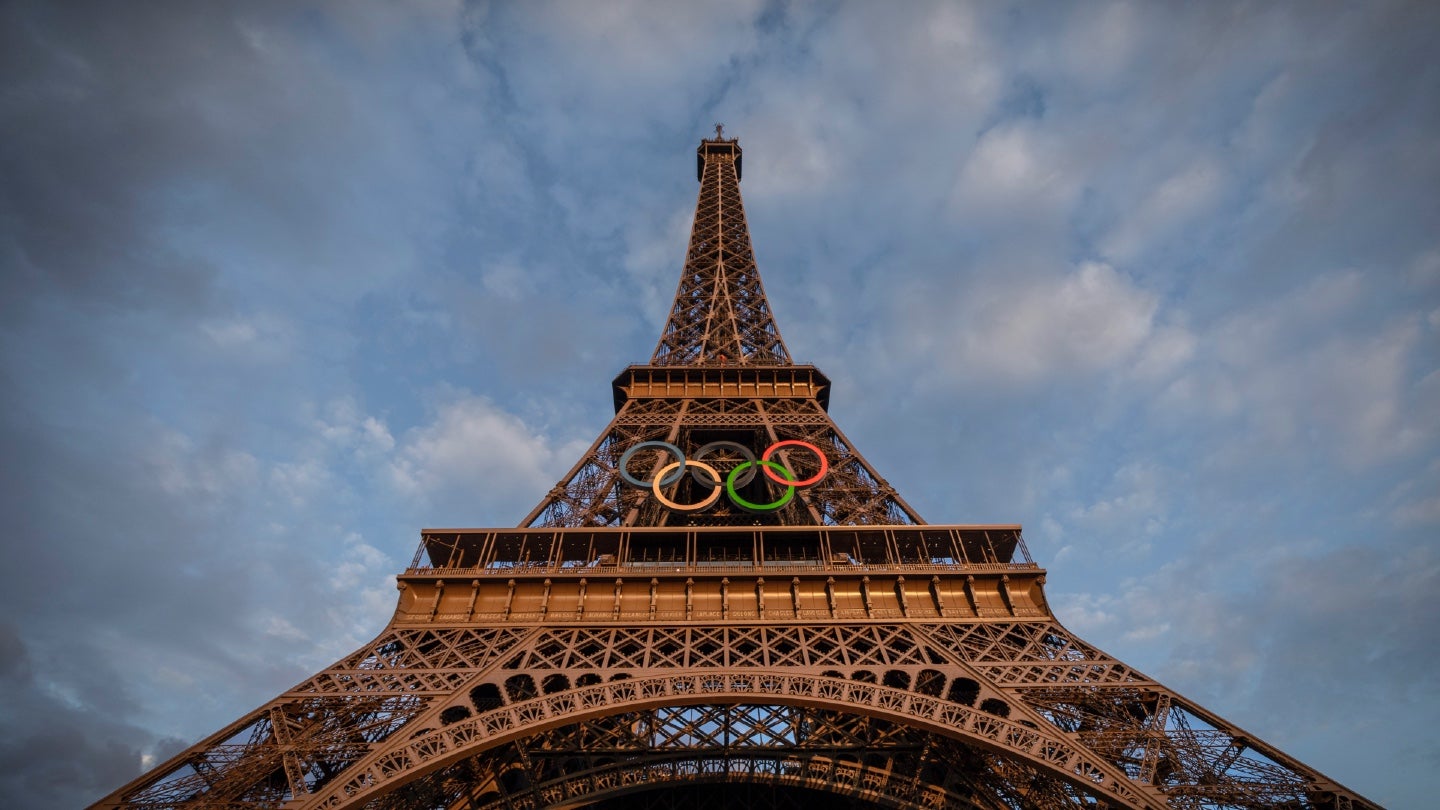
The International Olympic Committee’s (IOC) executive board has formally recommended the French Alps and Salt Lake City (US) as hosts for the Winter Olympic Games in 2030 and 2034, respectively.
A final vote amongst the IOC’s national federations will take place on July 24 at the IOC Session in Paris (just before the start of this year’s summer Olympics in the French capital).
This week's executive board vote is the penultimate step those two submissions need to take, before the vote next month. Specifically, the French bid involves the regions of Auvergne-Rhone-Alpes and Provence-Alpes-Cote d’Azur.
Both regions were effectively guaranteed hosting rights to the two Winter Olympics last November when they were unveiled as the sole preferred bidder for each edition. As such, this executive board recommendation equates to necessary rubber-stamping.
Salt Lake City (SLC) in Utah will put on the Winter Olympics for the second time, originally doing so in 2002, while France has previously staged those games in 1924, 1968, and 1992.
SLC had originally planned to bid for the 2030 games, but moved to the edition four years later given the 2030 date was considered too close to the 2028 summer Olympics – set to take place in Los Angeles, California.
Earlier this week, the organizing team behind that city’s bid said that staging the quadrennial showpiece event will cost around $4 billion.
The Salt Lake City-Utah Committee for the Games (SLC-UT) stated that $2.84 billion of that budget has been allocated directly to operational costs for the provision of the event.
The wider budget of $4 billion, meanwhile, includes additional costs around the event including legacy funding, sales and sponsorship costs, and revenue sharing with the US Olympic and Paralympic committees.
SLC-UT has stated that no new venues will require construction ahead of the games, paring down the cost considerably.
While the hosting rights are now effectively a done deal, the French bid does still need to deliver some final guarantees, Karl Stoss (head of the IOC’s future hist commission) has said.
One of those guarantees equates to “confirmation of a public partnership contribution to the games organization budget from the two regions of Auvergne-Rhone-Alpes and Provence-Alpes-Cote d'Azur and the French government.”
Another is a “games delivery guarantee” from the French federal government.
The delay in securing these guarantees has been caused by the upheaval surrounding the current political situation in France, with president Emmanuel Macron having called a snap election last weekend, set to be completed by July 7.
The timing of Macron's announcement meant that these guarantees have not been delivered so far, but Stoss has said: “We are very confident that both guarantees will come earlier than the IOC session … We are in very close contact with the government and the presidents of the two regions.”
He added: “They told us 'we have this situation that elections are coming in June and then July 7. Between July 7 and the session, we will reach confirmation of the guarantees'. This is very clear for us.”
He also said that his future host commission “is confident that these two preferred hosts represent a great opportunity for successful and sustainable Olympic Winter Games.”
The 2026 Winter Olympics will take place in the Milan-Cortina region of northern Italy, with formal confirmation of those hosting rights coming through an IOC vote in June 2019.



